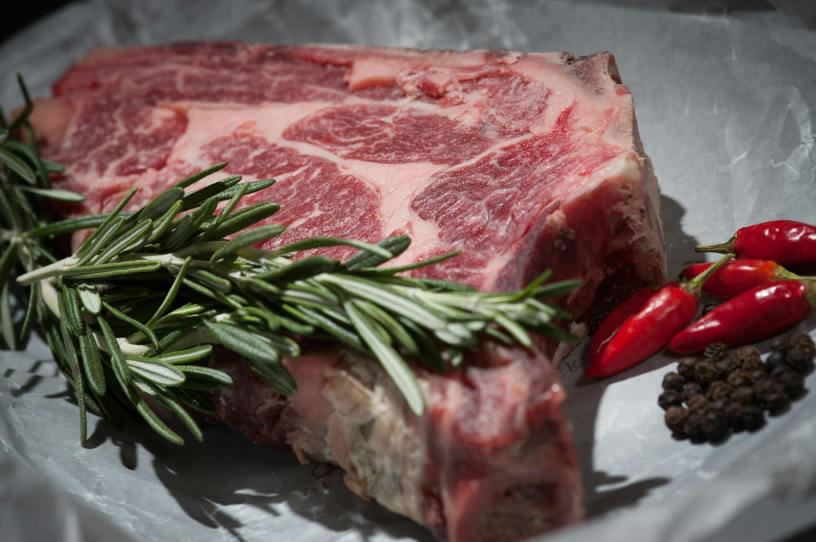In a move that marks a significant development in the global economic fallout of the avian influenza outbreak, Colombia has taken the unprecedented step of restricting beef imports from certain U.S. states where dairy cows have tested positive for the virus. According to the U.S. Department of Agriculture, Colombia’s decision is the first instance of a country officially limiting beef trade due to bird flu in cows, signaling a widening economic impact of the virus that has already disrupted poultry trade worldwide.
Although Colombia’s beef imports from the U.S. are relatively small, as per government data and market analysts, the implications of this restriction are far-reaching. The USDA’s Food Safety and Inspection Service website, updated most recently on April 22, listed the affected states as Idaho, Kansas, Michigan, New Mexico, North Carolina, Ohio, South Dakota, and Texas. The ban encompasses beef products derived from cattle slaughtered in these states.
Colombia’s measures involve temporary restrictions on raw bovine meat products, with the possibility of shipments being held at ports even if exporters possess valid import permits. These restrictions coincide with the U.S. government’s announcement of mandatory bird flu testing for dairy cattle moving between states, effective from Monday. This intensified response comes in light of the outbreak spreading across eight states and affecting 33 dairy herds since its detection in late March in Texas. Notably, a person exposed to cattle tested positive for the disease and experienced conjunctivitis.
Despite these developments, no U.S. beef cattle have tested positive for bird flu, according to government officials. Nevertheless, Colombia’s imposition of import restrictions has raised concerns among industry stakeholders. Joe Schuele, spokesperson for the U.S. Meat Export Federation, expressed skepticism about the scientific basis for such restrictions and highlighted the impact on exporters and their Colombian customers.
USDA officials are engaged in discussions with Colombian authorities regarding the matter. Responding to inquiries from trading partners, Rosemary Sifford, USDA’s chief veterinary officer, affirmed the provision of information to assist in mitigating trade impacts. However, specific details about which trading partners requested this information were not disclosed.
As the situation continues to unfold, the economic repercussions of Colombia’s decision underscore the intricate interplay between global trade and health crises. While efforts to contain the spread of bird flu remain paramount, navigating the complex landscape of international commerce demands careful consideration of scientific evidence, economic realities, and diplomatic dialogue.
Colombia Restricts U.S. Beef Imports Amid Avian Influenza Concerns

